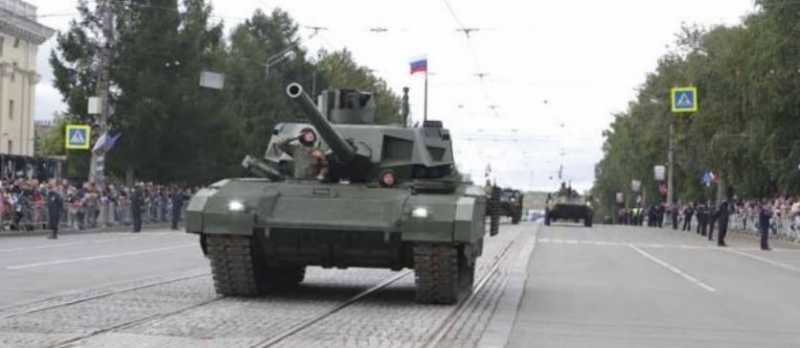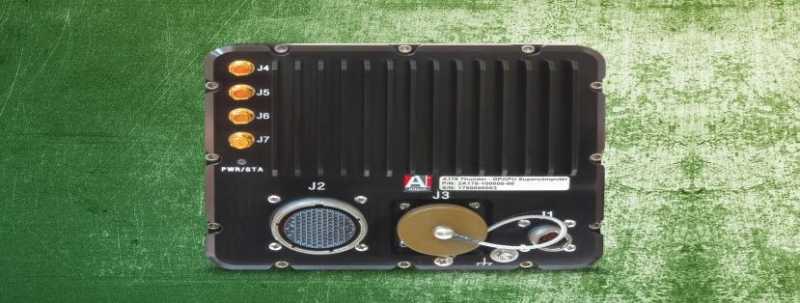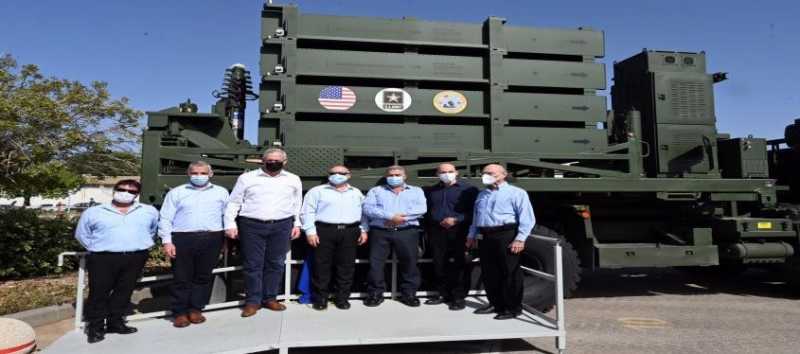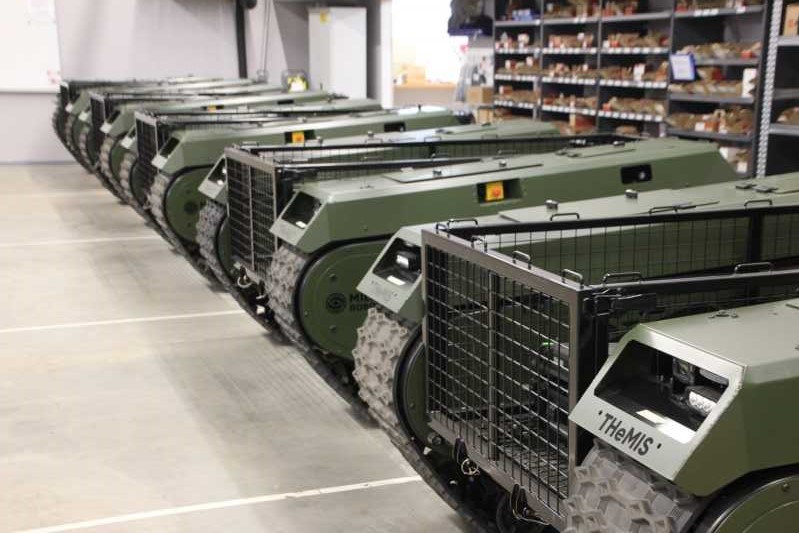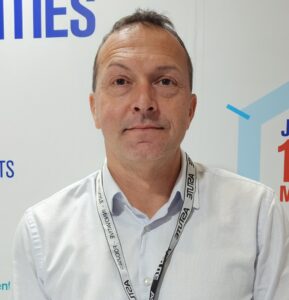 CARACAL, a world-renowned small-arms manufacturer, produces an unbeatable range of combat pistols, submachine guns, tactical rifles, and sniper rifles well aligned with the evolving mission requirements of law enforcement, security, and military forces. Hamad Al Ameri, CEO of CARACAL, speaks about technological advancements, core product development and strategic objectives to enter international market. Excerpts from the interview
CARACAL, a world-renowned small-arms manufacturer, produces an unbeatable range of combat pistols, submachine guns, tactical rifles, and sniper rifles well aligned with the evolving mission requirements of law enforcement, security, and military forces. Hamad Al Ameri, CEO of CARACAL, speaks about technological advancements, core product development and strategic objectives to enter international market. Excerpts from the interview
CARACAL leverages additive manufacturing in the production of weapon accessories. As the efficiency and safety of 3D printing of metals and composites evolve, the company is exploring the use of this technology in manufacturing metal parts for lighter, more customisable weapons.
 Hamad Al Ameri is responsible for leading and directing the development, planning, execution and monitoring of all CARACAL functions and businesses. Prior to his role at CARACAL, Hamad was the Business Development Director at Emirates Defence Industries Company (EDIC) where he supervised strategic and operational marketing and customer relationship activities. A former Special Forces Officer in the UAE Presidential Guard, Hamad obtains almost two decades of experience and expertise in the defence industry, possessing a portfolio that includes leadership roles in training, close protection, and weapon development, along with a multitude of defence certifications.
Hamad Al Ameri is responsible for leading and directing the development, planning, execution and monitoring of all CARACAL functions and businesses. Prior to his role at CARACAL, Hamad was the Business Development Director at Emirates Defence Industries Company (EDIC) where he supervised strategic and operational marketing and customer relationship activities. A former Special Forces Officer in the UAE Presidential Guard, Hamad obtains almost two decades of experience and expertise in the defence industry, possessing a portfolio that includes leadership roles in training, close protection, and weapon development, along with a multitude of defence certifications.
As a part of the Missiles and Weapons cluster within EDGE, CARACAL is now a world-renowned small-arms manufacturer. Could you shed some light on CARACAL’s journey since its establishment 15 years ago, the run-up to establishing this company as a pioneer in building high-precision weapons?
CARACAL designs, tests, validates, manufactures, and assembles high-performance products. With over 15 years of experience, we have established ourselves as pioneers in building high-precision weapons. Our field-tested firearms combine accuracy and reliability for law enforcement, security, and military forces.
Headquartered in Abu Dhabi, CARACAL uses some of the world’s best computer numerical control (CNC) machines, quality control equipment, and moulding technologies. Every phase of our manufacturing process ensures our products comply with rigorous international standards, such as NATO and CIP.
Advanced technologies, including computer-aided design/simulation/verification andadditive manufacturing stand at the core of our design and prototyping processes. We continually enhance our weapons, so they remain aligned with the evolving mission requirements of our customers. As a result, our products provide those on the front lines with the firepower they need for mission success.
CARACAL was awarded the Close-Quarter Carbine contract in 2018 to supply the Indian Army with the CAR 816, and the company has offered to support the ‘Make in India’ initiative. At what stage is the establishment of facilities in India?
CARACAL was selected to supply close-quarter carbines to the Indian Army in 2018, following a rigorous selection process. We have gone on to fulfil all necessary requirements and procedures set out in the Defence Procurement Procedure (DPP), with our CAR 816 having undergone extensive trials across different terrains both inside and outside of India. We are confident our product is fully customised to meet the needs of the Indian soldier, with our carbine having beaten off competitors globally in the tender process.
We remain on standby to deliver upon the contract as soon as we are given the official mandate to, and have set the foundations for supporting the objectives of the ‘Make in India’ programme.
CARACAL’s assault rifle CAR 816 has customers around the world. Could you elaborate on the features of this weapon?
The CAR 816 is a centre-fire, gas-operated tactical rifle, chambered in 5.56×45 mm NATO. It is a tactical weapon designed for the high-end use of law enforcement and military applications, and is available in semi-automatic and select-fire configurations.
CAR 816 standard features include:
- CAR 816 operates on short-stroke piston system with three settings
- Semi-automatic only and select-fire models
- Multiple barrel lengths from 7.5” PDW to 16”
- Full ambidextrous configuration
CARACAL’s portfolio comprises combat pistols, submachine guns, tactical rifles, and sniper rifles. How challenging is the task to continually enhance these weapons so they remain aligned with the evolving mission requirements of the customers?
Client requirements and meeting them stand at the core of our product development efforts at CARACAL. As such, we incorporate advanced technology innovations in the manufacturing of our products. Additive manufacturing, combined with the use of CAD/CAM software during design and prototyping, allows us to quickly and accurately refine the ergonomics of each weapon component to surpass its stringent performance requirements.
CARACAL also leverages additive manufacturing in the production of weapon accessories. As the efficiency and safety of 3D printing of metals and composites evolve, the company is exploring the use of this technology in manufacturing metal parts for lighter, more customisable weapons.
Apart from India, which are the key markets for CARACAL? How do you look at the South Asian and African markets for business?
We continue to seek opportunities around the world. The South Asia and Africa markets are of interest to us as are other geographies, and we are at varying stages in developing relationships to enter markets internationally. Cultivating an export market is one of our main strategic objectives.
Besides ensuring use of advanced technologies and complying with international standards, an arms manufacturer needs to offer services to support maintenance and repair of the weapons. How strong is CARACAL’s service support?
CARACALpossesses the know-how and skills that are a useful basis for maintenance, repair and overhaul (MRO) in small arms. With proven processes, competent documentation, excellent availability of spare parts and trained and certified operators, we lift small arms MRO to a new level.
A good rifle is only the starting point, making sure it will perform over the years and in any mission, not letting the operator down when it matters most, is what we do.
What is the roadmap ahead for CARACAL especially in the background of the impact of Covid-19 pandemic in the defence industry? What are the goals and objectives you have set for the company?
The ongoing pandemic has created a challenging operating environment for most commercial companies around the world, and CARACAL and its parent company, EDGE Group, are no different. We are fortunate to enjoy deep and trusted relationships with our customers, so there is an attitude of confronting the challenges together. CARACAL’s executive leadership has also been proactive in foreseeing the potential effects of the economic slowdown prompted by the pandemic, and have acted accordingly. The safety of staff, partners and customers has been of the highest priority for CARACAL’s internal approach to mitigating the effects of the virus.

